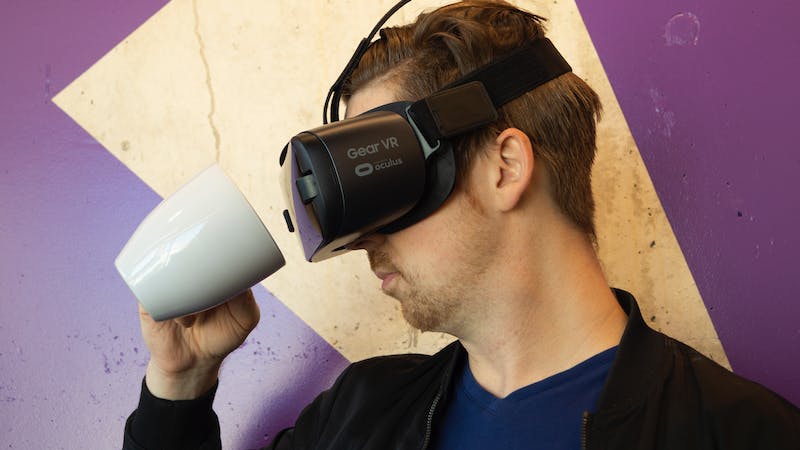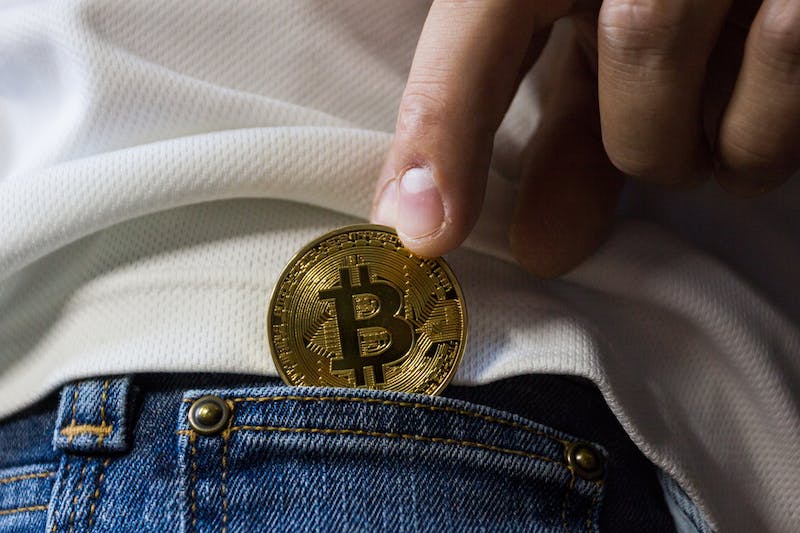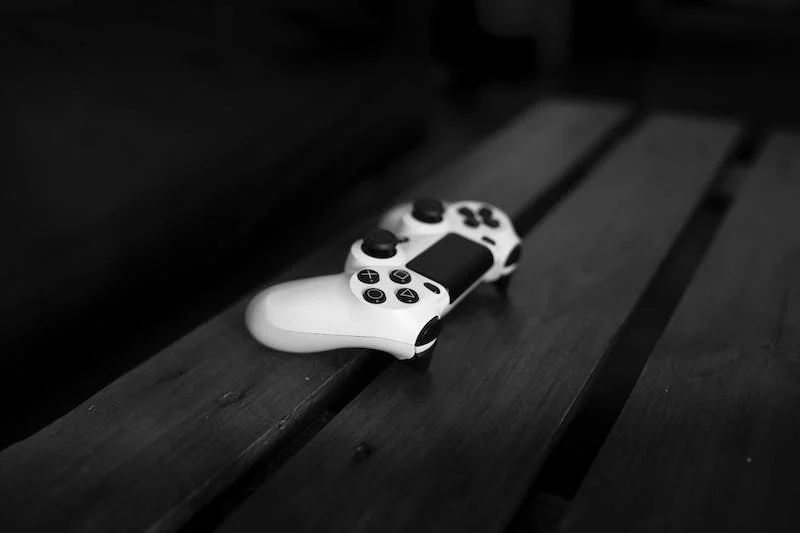Contents
Mobile game have become a popular leisure activity in modern society, with many people enjoying short gaming sessions after meals. While this habit is often a way to relieve stress and have fun, it’s important to consider both the positive and negative effects that mobile gaming after meals can have on mental and physical health.
The Effects of Mobile Games on Mental Health
Positive Effects
1. Stress Relief
Mobile games offer a brief escape, particularly after meals, providing a moment of immersion that helps relieve the stress accumulated throughout the day. Simple and casual games, in particular, are effective in promoting positive emotions and offering a mental reset. These games offer a temporary break from real-world pressures, allowing players to shift their focus and unwind. In addition to stress relief, they can help lift moods by incorporating humorous or enjoyable elements, thereby contributing to overall emotional well-being. In this way, mobile games serve as a convenient tool for emotional regulation and mental refreshment.
2. Cognitive Enhancement
Games that require strategic thinking, quick reflexes, or problem-solving skills can stimulate the brain and potentially improve cognitive abilities. These games engage various brain regions, enhancing reaction time, concentration, memory, and creative thinking. For example, puzzle games or strategy-based simulations demand careful planning and logical reasoning, which in turn strengthens cognitive functions. Regular interaction with such games can sharpen decision-making abilities and boost mental flexibility. Moreover, for older adults, these games can serve as an effective means of maintaining or improving cognitive health by enhancing memory and problem-solving skills.
Negative Effects
1.Time Management Issues
One of the significant drawbacks of mobile gaming is the tendency to spend more time than initially intended. A session that was meant to be brief often extends beyond the planned duration, leading to disruption in other activities such as work, study, or rest. Such interruptions can trigger feelings of guilt and stress, particularly when one realizes that valuable time has been lost. Prolonged gaming can erode self-regulation and create an imbalance between productivity and leisure, which can ultimately result in a sense of mental burden. What initially served as a means of relaxation could ironically become a source of additional stress if not carefully monitored.
2.Overstimulation
Mobile games often provide intense visual and auditory stimulation that can overwhelm the senses. Fast-paced gameplay, along with vivid graphics and repetitive sound effects, may lead to mental fatigue and reduced focus. This overstimulation can contribute to decreased concentration, especially when games require constant attention or involve sensory overload. Extended exposure to such stimuli may interfere with relaxation and disrupt the ability to concentrate. Furthermore, playing games late at night can negatively impact sleep patterns, leading to insomnia or heightened anxiety. The constant barrage of sensory input, especially before bedtime, can disturb the nervous system and lead to feelings of unease or difficulty falling asleep.
Mobile games offer both positive and negative effects on mental health, depending on how they are integrated into one’s lifestyle. When played in moderation, they can provide stress relief and enhance cognitive function. However, excessive gaming can disrupt time management, lead to mental exhaustion, and negatively impact sleep. Therefore, it is crucial to strike a balance by managing gaming time carefully and being mindful of its potential impact on mental well-being. By doing so, one can reap the benefits of mobile gaming without falling prey to its potential negative consequences.
Effects of Mobile Gaming on Physical Health
Mobile gaming is a widely popular leisure activity that can influence physical health in both positive and negative ways. Understanding these effects can help individuals engage in gaming more mindfully.
Positive Effects
Relaxation
Engaging in light mobile gaming after meals can serve as an effective method for relaxation. This low-effort activity allows the mind and body to unwind without demanding physical exertion, making it an ideal option for post-meal leisure. By offering a brief escape from daily stresses, mobile gaming may contribute to mental rejuvenation and overall well-being when practiced in moderation.
Negative Effects
1. Digestive Issues
Playing mobile games immediately after eating may disrupt the digestive process. Sitting still for extended periods, particularly with poor posture, can compress the abdominal area, potentially leading to bloating, discomfort, or indigestion. Over time, repeated occurrences of these habits might contribute to more significant gastrointestinal problems.
2. Eye Strain
Prolonged screen exposure during mobile gaming can result in digital eye strain, also known as computer vision syndrome. Symptoms include dry eyes, blurred vision, headaches, and general eye fatigue. Blue light emitted from mobile screens may exacerbate these issues, particularly when gaming in low-light environments. Without proper preventative measures, such as taking regular breaks or using blue light filters, extended screen use can pose long-term risks to visual health.
3. Postural Problems
One of the most significant physical risks associated with mobile gaming is poor posture. Players often slouch or adopt a forward head posture, which strains the cervical spine, shoulders, and upper back. Over time, this can lead to musculoskeletal imbalances, chronic neck pain, and spinal misalignment. Additionally, the repetitive strain on the neck muscles—sometimes referred to as “text neck”—can contribute to more severe orthopedic issues if left unaddressed.
By striking a balance between gaming enjoyment and mindful physical habits—such as maintaining proper posture, taking regular screen breaks, and avoiding gaming immediately after meals—players can reduce potential health risks while continuing to enjoy the benefits of relaxation.
Balanced Usage Recommendations for Mobile Gaming
To ensure a healthy balance between enjoyment and well-being, it is important to approach mobile gaming with mindful strategies. Here are some practical recommendations for balanced usage:
1. Set Time Limits
Restrict mobile gaming sessions to 10–15 minutes, especially after meals. This prevents overindulgence, reduces the risk of physical discomfort such as eye strain or digestive issues, and helps maintain a balanced lifestyle.
2. Incorporate Light Stretching
Engage in light stretching before, during, or after gaming sessions to counteract physical strain. Simple exercises such as neck rolls, shoulder shrugs, or back stretches can improve posture, enhance blood flow, and reduce muscle tension caused by prolonged sitting.
3. Choose Digestive-Friendly Activities
As an alternative to mobile gaming, consider engaging in light physical activities like walking or gentle yoga after meals. These activities not only support digestion but also provide additional health benefits, such as improved circulation and reduced stress levels.
4. Avoid Overstimulating Mobile Games
Opt for relaxing or simple mobile games rather than fast-paced or overly stimulating ones, especially after meals. Calmer games, such as puzzles or casual simulations, help maintain a sense of calm and relaxation without overloading the senses.
By incorporating these balanced practices into your routine, mobile gaming can remain an enjoyable and beneficial pastime without compromising physical health or overall well-being.
Conclusion
Mobile gaming after meals can provide mental relaxation and a brief escape from daily stress if used appropriately. However, excessive use can negatively impact both mental and physical health. By setting time limits, maintaining proper posture, and incorporating light physical activity, you can make post-meal gaming a healthy and enjoyable part of your routine.




